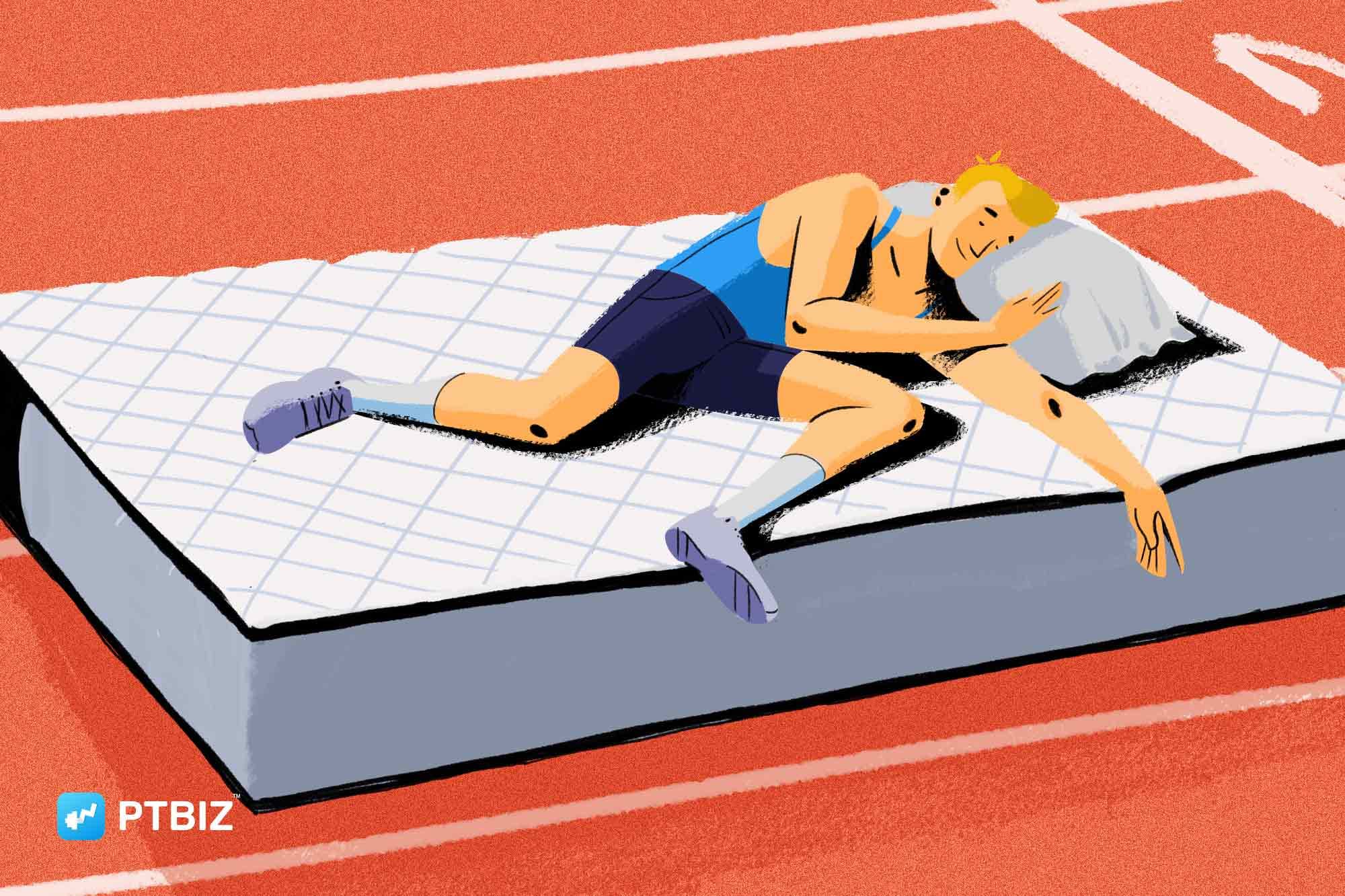
6 must know ways to improve your clients sleep fitness
When it comes to sleep, both quality and quantity are important. A chronic lack of sleep results in grave consequences. Poor sleep negatively impacts every system in the human body. It also disrupts the metabolism (bad for weight loss goals), decreases cognitive acuity and focus, affects mood, increases feelings of anxiety, and causes motor vehicle accidents. Further, lack of quality sleep is linked to an increased risk for heart disease, obesity, and diabetes.
It’s normal to have a poor night’s sleep periodically. It’s when dodgy sleep patterns become part of the routine that we need to be both concerned and cognisant. Our clients, just like us, don’t always easily achieve valuable shut-eye.
Life keeps us busy – or we keep our lives busy. Either way, you look at it, we sacrifice sleep to be more productive and “get things done”. The irony is that too little sleep makes us less productive, increasingly unhappy, and at a greater risk for a shorter lifespan. The polar opposite of what we want.
However, there are ways to combat and overcome poor sleep issues by practising good “sleep hygiene”. The next time your clients complain of crummy sleep, offer some of these suggestions to help increase sleep fitness.
1) Evaluate the sleep-ability of the bedroom:
- Exile the electronics and cover the alarm clock. Doing so will reduce distractions before turning in.
- Make the room as dark as possible.
- Make sure the room is at the right temperature.
- Evaluate the noise level or add a white noise machine or fan.